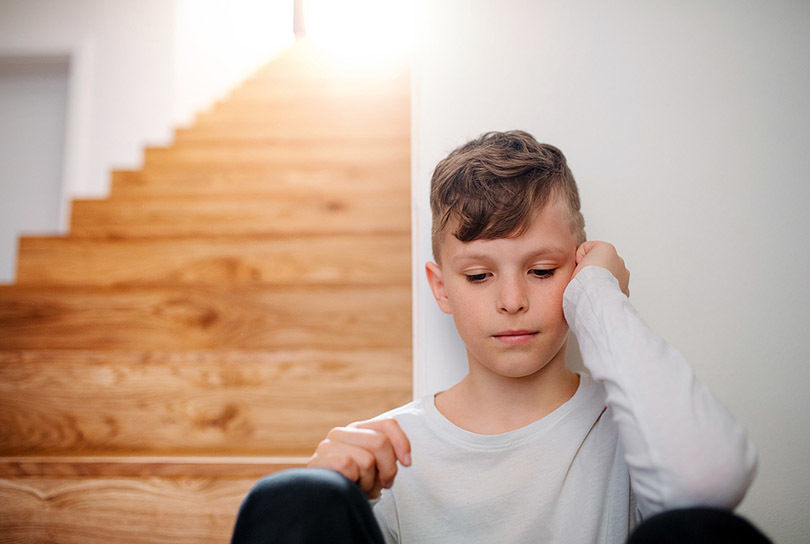Time-Outs versus Time-Ins – How to discipline your child

There is so much debate and differing ideas and opinions in the parenting world, regarding what is helpful or harmful when it comes to disciplining and teaching our children.
One debate is the concept of time-outs versus time-ins. Below we will provide a simple explanation of the differences between these two concepts to help parents and carers navigate this space, and make informed decisions about how they would like to proceed with disciplining and teaching their children.
Time-Outs explained
For many generations, misbehaviour was met with corporal punishment such as smacking. As the world evolved and people searched for less physical options, researchers watched wildlife and witnessed the removal of attention to modify behaviour. From this, the time-out was born! While on the surface, time-outs can look effective and less offensive, research has shown the harsh effects of time-outs can have negative effects on the developing human brain. In fact, social exclusion and isolation can light up the same areas of the brain when physical pain (such as smacking) is experienced. Demonstrating emotional pain is as real and significant to the brain as physical pain. When we punish a child, we trigger the release of more stress hormones in their brains. Have you ever tried concentrating or using rational thinking when in fight or flight mode? It doesn’t work. The higher functioning areas of the brain simply aren’t activated, in fact they are hijacked, shut down to act quickly (without thought) to keep us safe. Children need to feel safe and connected to learn and access higher more complex areas of their brain to grow and overcome life’s challenges. While time-outs are a form of less physical punishment, they unfortunately leave children feeling rejected and alone, with the inability to regulate their emotions or develop the skills needed to regulate in the future. Time-outs work through fear and disconnection and often the child has trouble differentiating between the behaviour being bad from them being bad, which is linked to shame and a decreased sense of self-worth and esteem.
Time-ins explained
So, we now understand that connection and emotion regulation is required before children can learn a new social or emotional skill. So, what can we do differently? How do parents set boundaries and teach important lessons to their children, when their brains are not yet fully developed? How do parents discipline children who haven’t yet fully learned the skills of self-awareness, empathy, impulse control and problem solving, and have brains that can easily be hijacked? This is where time-ins become an option! During a time-in, a parent spends time with the child in a calming area of the home and can help their children learn how to notice and process their emotions in a safe space. The idea is that misbehaviour can become a learning opportunity. As children’s brains develop, they can learn to use some of the skills learned during time-ins, themselves. Identifying emotions and engaging in calming games or activities that promote self-regulation with children during times of escalation, can provide the foundations on which they can learn to regulate themselves independently. Time-ins are also a great way for parents to model the effective self-regulation tools they use themselves, and a great way to practice connection and being in the moment with your child.
I’m worried I’ve been doing it all wrong!
Unfortunately, children don’t come with an instruction manual! You can only do the best with the knowledge you have thus far, so there is no point judging yourself or beating yourself up. Parenting is a journey of self-discovery, and it is never too late to make a change. Evidence for the use of different parenting practices and discipline strategies has changed over time and will only continue to evolve as new evidence becomes available. We can only adapt our practices as we become aware of such changes. If after reading this, you are wanting to make a change, that is ok! Embrace the knowledge and put this into practice in a way that works for your family.
To learn more about the difference between time-in’s and time-out’s, or how to more effectively address your child’s behaviour, please don’t hesitate to reach out to the supportive and family-friendly team at Progressive Psychology. Our reception team can be contacted on 0477 798 932.
